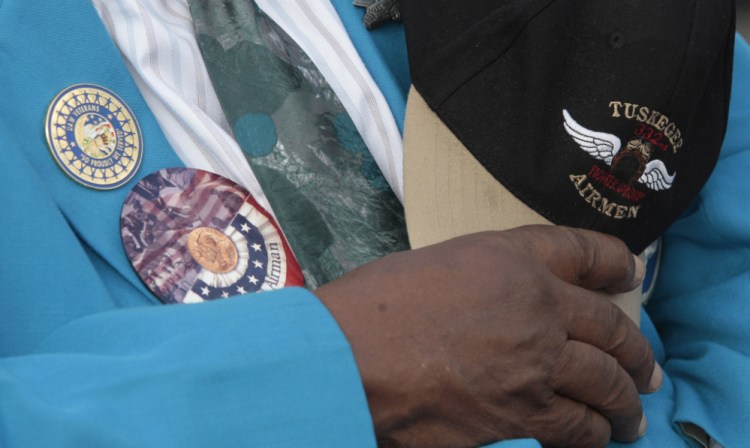I am leaving Sunday for Tuskegee, Alabama, and I have to say it is one of the most exciting trips I will ever take. Never have I embarked on an adventure so filled with love and hope. Eight other people from South Berwick are joining me in a delegation to meet with the people and see the sights of our new sister city. The officials and residents of Tuskegee have made it clear that they are ready to receive us with open arms, which has humbled and honored us.
My fellow townsfolk and I approached Tuskegee more than a year ago in a hopeful, if idealistic, attempt to figure out what the heck we in predominantly white Maine could do to play some part in healing our country as continuing racial injustices were becoming increasingly blatant and inflammatory. Friends and neighbors often talked about how little contact they had with people of color, how their only images came from the media, even how they wished our town were more diverse.
SIMILAR BUT DIFFERENT
Tuskegee is filled with the rich history of the civil rights movement, and it is the home of Tuskegee University and the heroic Tuskegee Airmen of World War II. The city has also known the agony of the mistreatment of African-Americans, from slavery to Jim Crow laws to the barbaric Tuskegee Syphilis Study, done only on black men. We are eager to learn about Tuskegee’s history. But first and foremost we are interested in making friends, getting to know people in a different part of the country who have had different cultural and life experiences.
President Dwight D. Eisenhower began the sister city program in 1956 as an international effort. He hoped it would usher in peace and prosperity by creating bonds between people from different cities around the world. Through these relationships, Eisenhower reasoned, people of different cultures could celebrate and appreciate their differences and build partnerships that would lessen the chance of new conflicts.
We thought: Why wouldn’t this work within our country’s borders? So we asked Tuskegee to be our “sister.” It’s about the same size as South Berwick, just under 10,000 people, and, as we do, people there seem to have an identity and community pride.
A MAYORAL RECEPTION
The two communities also have histories that overlap. Both are in states about to turn 200, and both grew under the cotton economy of the 19th century – Tuskegee as host to cotton plantations and South Berwick as home to textile mills.
Tuskegee Mayor Lawrence “Tony” Haywood said yes, he would bring this to his council. Last winter both the Tuskegee City Council and the South Berwick Town Council unanimously agreed to form this relationship.
When we – church representatives, educators and other community members – arrive in Tuskegee on Sunday, we will be greeted by the mayor, an honor already more than we could ask for.
Local TV and radio coverage has announced our arrival in advance, with the mayor voicing so beautifully our interest in our two communities – one 95 percent black and the other 97 percent white – “exchanging ideas and getting to know more about each other’s culture” so that we can “have greater understanding and reduce unnecessary divisions.”
MUSIC AND FRIENDS
We will start our visit at the Tuskegee University Golden Voices Christmas Concert, a beautiful local tradition. From there we’ll meet with educators, business leaders, students, church groups and the community at large.
We will see Tuskegee University and tour the Tuskegee Airmen National Historic Site, honoring the African-American pilots who served in World War II. We cannot wait for our schoolchildren to start talking to each other, and we will work with teachers there to make that happen. Finally, a public reception will allow the community to meet us and learn about Common Ground-Tuskegee/South Berwick Sister City Project.
But mostly, we feel lucky already to have new friends so willing to take our hand and walk with us in this journey toward a stronger nation. And all of us feel blessed that the people in Tuskegee understand our vision and are ready to embrace it.
Tuskegee, here we come.
Send questions/comments to the editors.



Comments are no longer available on this story